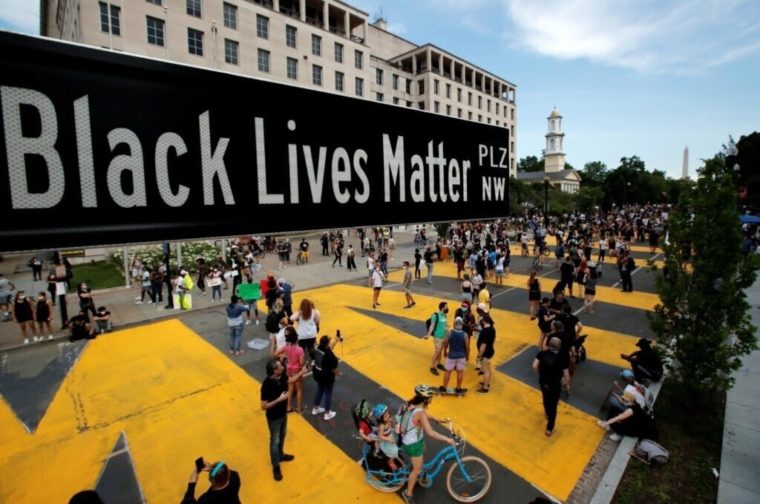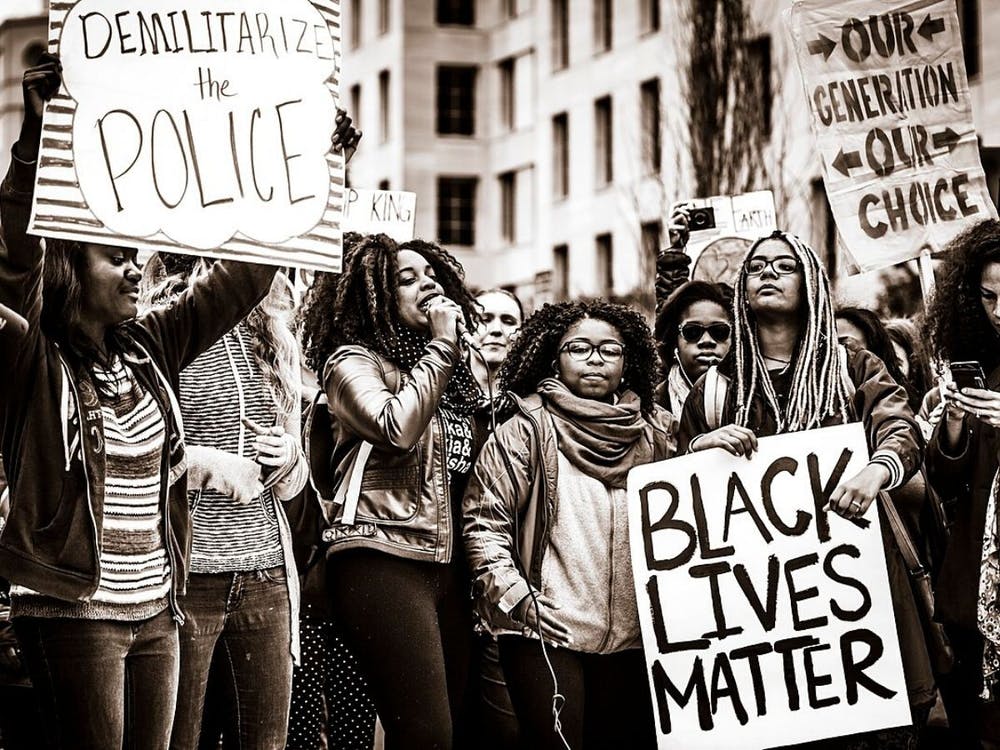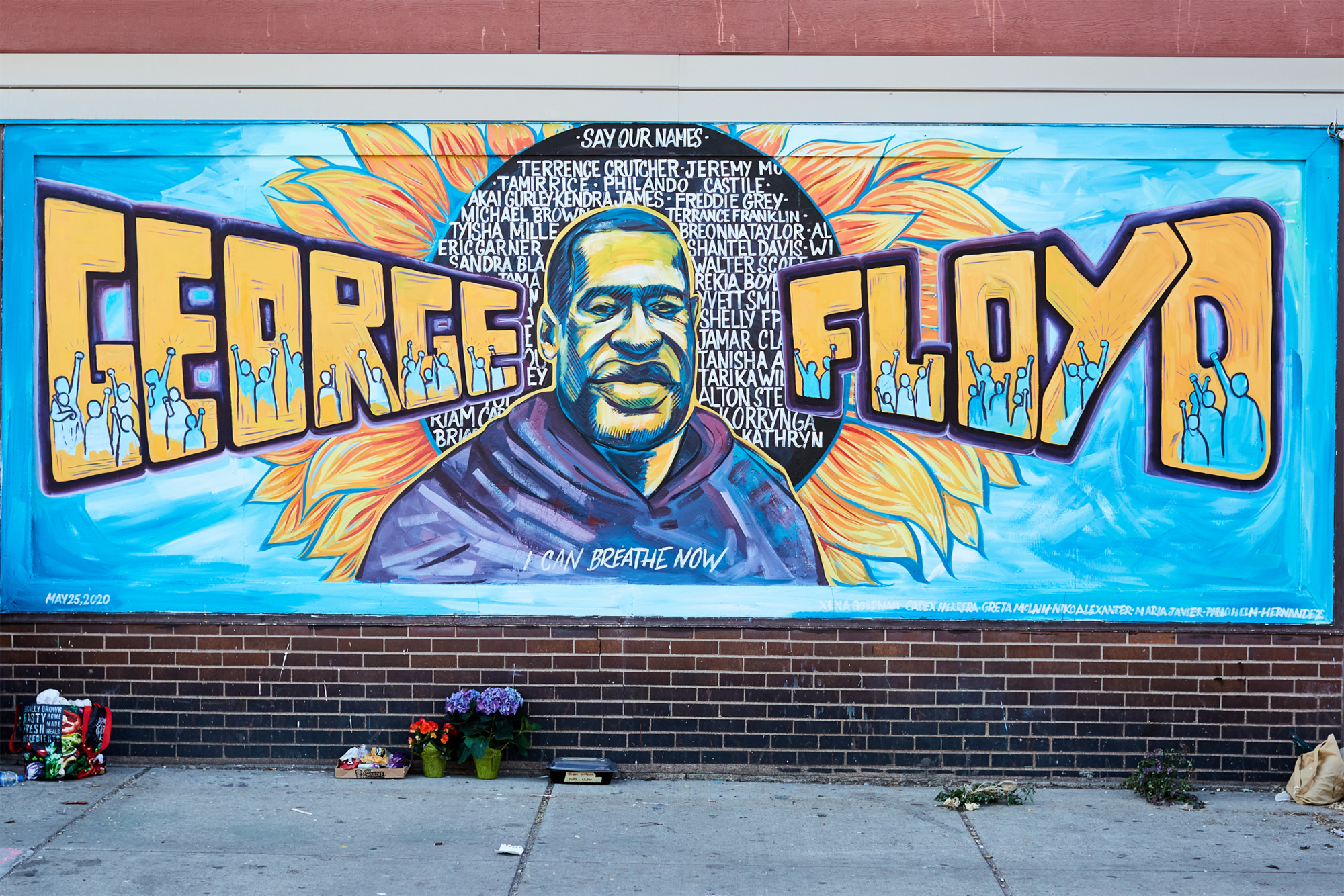Since the senseless killing of George Floyd by Minneapolis Police on May 25, even thinking about restaurants seems frivolous right now. The protesting that has flooded the streets in all fifty states has shown that the American people will no longer tolerate police violence and racial injustice. Seeing citizens of all races coming together internationally for change has been truly inspiring. We stand in solidarity with the black community and the Black Lives Matter movement.
The service industry—as with many “essential” sectors of the economy—relies on people of color. Though we too often cater to an overwhelmingly affluent white clientele, the staff of restaurants tends to be more diverse—including legions of hard-working immigrants and undocumented workers looking for an opportunity to better themselves. Inside our walls, we imperfectly understand the value of tolerance, the importance of respecting each other’s differences and learning to work as a team.
That said, as an industry, we still have a lot of work to do, inside and out. Gender imbalances that have long plagued us, not surprisingly, finally bubbled over the surface during #MeToo. It turned out that restaurants harbored some of the worst offenders. Now we must face our racial demons, many that’ve been festering beneath the surface for generations.
The work of black chefs has routinely been ignored in professional kitchens run by solipsistic white chefs and in glossy magazines led by unyielding white editors committed to anglicizing their content. The white food media has systematically excluded black voices from narrating their own stories while empowering white writers to co-opt and misrepresent black cuisine. Until just recently, restaurant criticism has been a singularly white pursuit, resulting in coverage that often contextualizes black cooking through a Eurocentric lens.
We need to hold restaurateurs more accountable for what happens inside their restaurants, too. How they respond to the Black Lives Matter movement shouldn’t only be a question of P.R. and messaging, it should be about instituting human resource policies that foster inclusivity. White managers must stop lamenting the lack of qualified black applicants coming through the door and walk out the door to find them. The pervasive culture of tokenism and performative allyship must transform into structural reorganization from the ground up by making real investments in the careers of employees of color.
Black Lives Matter will have an enormous impact on the restaurant world because, though it rarely acknowledged, food is political. Although making political statements is hardly at the core of our mission on this website, we hope to shape our content going forward with this in the front of our minds. Expanding our vision should also mean telling stories and sharing opinions that are written by or speak to communities of color. As always, we welcome any suggestions and feedback from our readers about restaurant-related topics that deserve further exploration.
If you see fewer articles here in the coming days, please know that it’s because we’re using this time for self-reflection, as we all should, and participating in the dialogue for change. The magnitude of these issues doesn’t leave much space to write about restaurants casually anymore. It shouldn’t. We can assure you that when the time comes to pick up our silverware and dig in again, we’ll do so with a fresher perspective and a more open mind.
Stay healthy and safe,
THE RESTAURANT MANIFESTO






